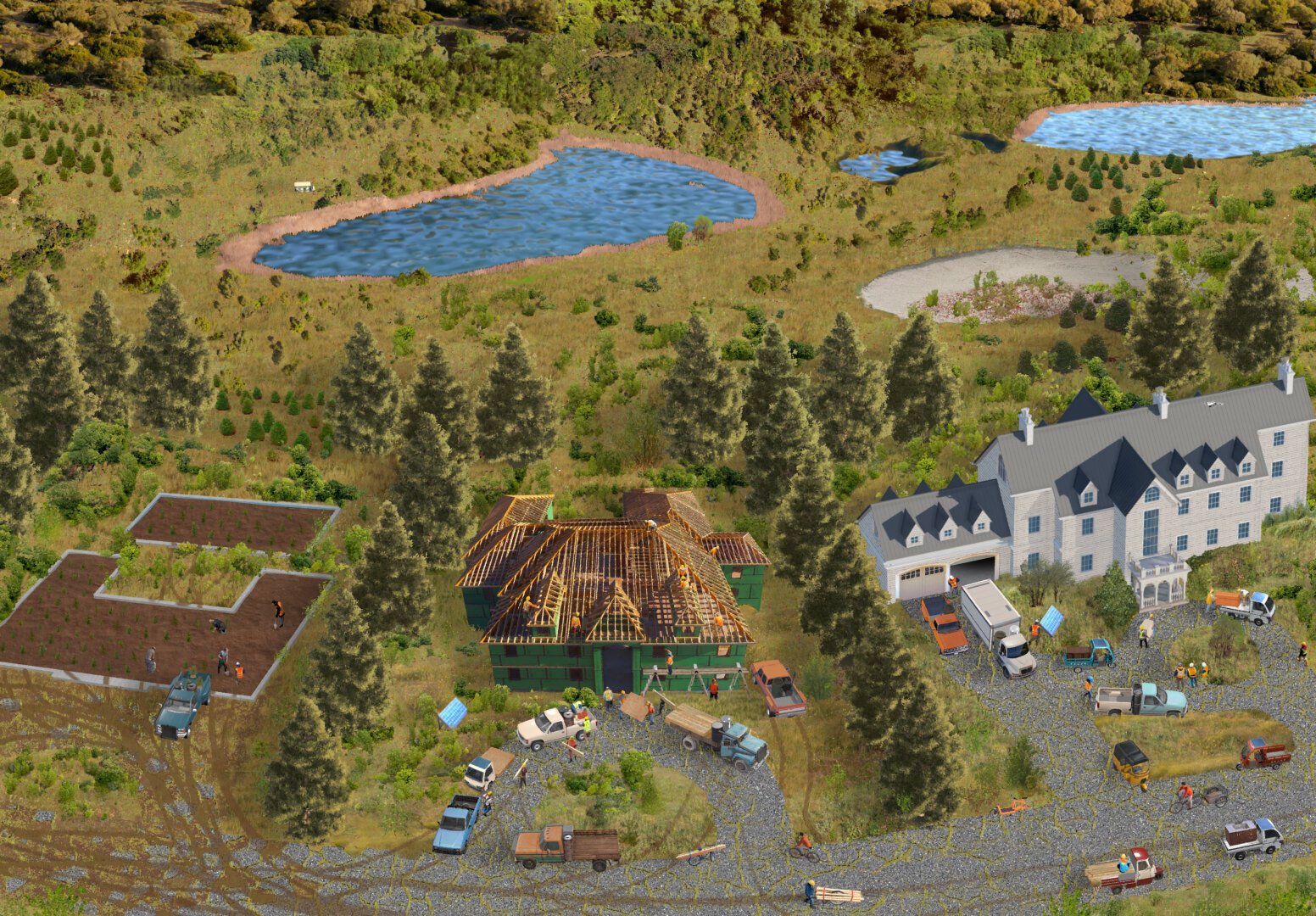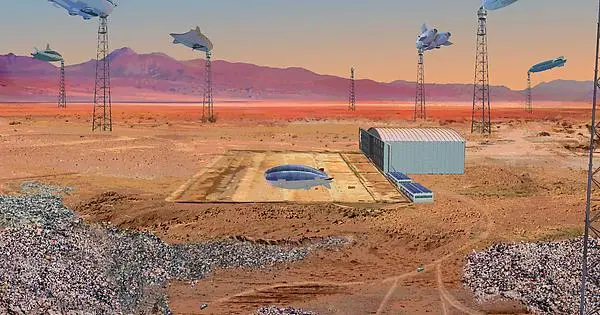

I hadn’t realized how lucky we were - we have one of those crunchy refill stores in town, where you can bring your own containers and buy various powders and liquids (primarily cleaning supplies though they do some seasonings as well. I wish I could buy orange juice that way (I basically gave up on drinking it because I didn’t need any more plastic bottles). We switched to various dilutions of castile soap for most things, and a generic dishwasher powder for our little countertop rig.









That’s a good idea! I do that with peanut butter at a fancy grocery store - I wonder if there’s one around that does juice